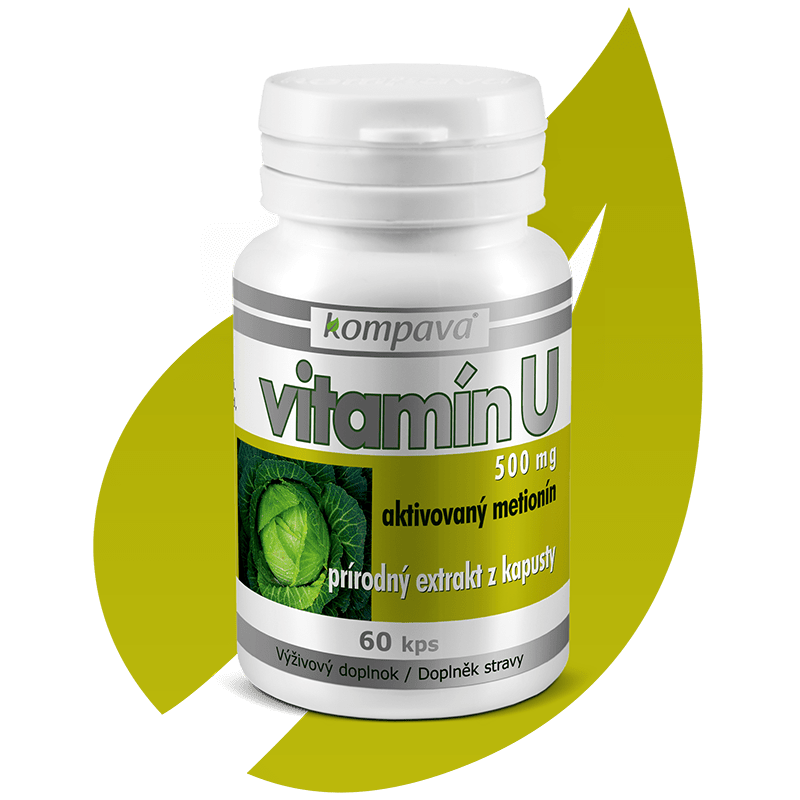Vitamin U: The Benefits and Drawbacks of this Essential Nutrient

What is Vitamin U?
Vitamin U was first discovered by a Romanian scientist named Dr. Gheorghe Mihai in the 1950s. It is a derivative of the amino acid methionine and is found in high concentrations in cruciferous vegetables, especially in broccoli and cabbage. Vitamin U is known for its ability to protect the stomach lining from damage, promote digestive health, and boost the immune system.
The Benefits of Vitamin U
Vitamin U has numerous health benefits, including:
- Protecting the Stomach Lining: Vitamin U is known for its ability to protect the stomach lining from damage caused by alcohol, medications, and other toxins. It has been shown to reduce inflammation and promote healing in the stomach lining.
- Promoting Digestive Health: Vitamin U has been shown to improve digestion and reduce the symptoms of digestive disorders such as acid reflux, ulcers, and irritable bowel syndrome (IBS).
- Boosting the Immune System: Vitamin U has been shown to stimulate the production of white blood cells, which are essential for fighting off infections and diseases. It also helps to reduce inflammation in the body, which can contribute to a weakened immune system.
- Reducing Inflammation: Vitamin U has anti-inflammatory properties that help to reduce inflammation in the body. This can help to prevent chronic diseases such as heart disease, diabetes, and cancer.
The Drawbacks of Vitamin U
While Vitamin U has numerous health benefits, there are also some drawbacks to consider:
- Allergic Reactions: Some people may be allergic to Vitamin U and experience symptoms such as hives, itching, and difficulty breathing.
- Interaction with Medications: Vitamin U may interact with certain medications, including blood thinners, anti-inflammatory drugs, and antibiotics. If you are taking any medications, be sure to speak with your doctor before taking Vitamin U supplements.
- Not Enough Research: While Vitamin U has been studied extensively, there is still not enough research to determine its long-term effects on the body.
FAQs About Vitamin U
1. Can Vitamin U prevent cancer?
While Vitamin U has been shown to reduce inflammation in the body, which can contribute to the development of cancer, there is not enough research to determine whether it can prevent cancer.
2. Can I get enough Vitamin U from food sources?
Yes, you can get enough Vitamin U from food sources, especially cruciferous vegetables such as broccoli and cabbage.
3. Is it safe to take Vitamin U supplements?
While Vitamin U supplements are generally safe, it is important to speak with your doctor before taking them, especially if you are taking any medications or have any underlying health conditions.
4. How much Vitamin U should I take?
There is no recommended daily allowance for Vitamin U, but most supplements contain between 500-1000mg per dose. Be sure to follow the instructions on the label and speak with your doctor before taking any supplements.
The Bottom Line
Vitamin U is an essential nutrient that plays a crucial role in maintaining good health. While it has numerous benefits such as protecting the stomach lining, promoting digestive health, and boosting the immune system, there are also some drawbacks to consider such as allergic reactions, interactions with medications, and not enough research. If you are considering taking Vitamin U supplements, be sure to speak with your doctor first to determine if they are right for you.
